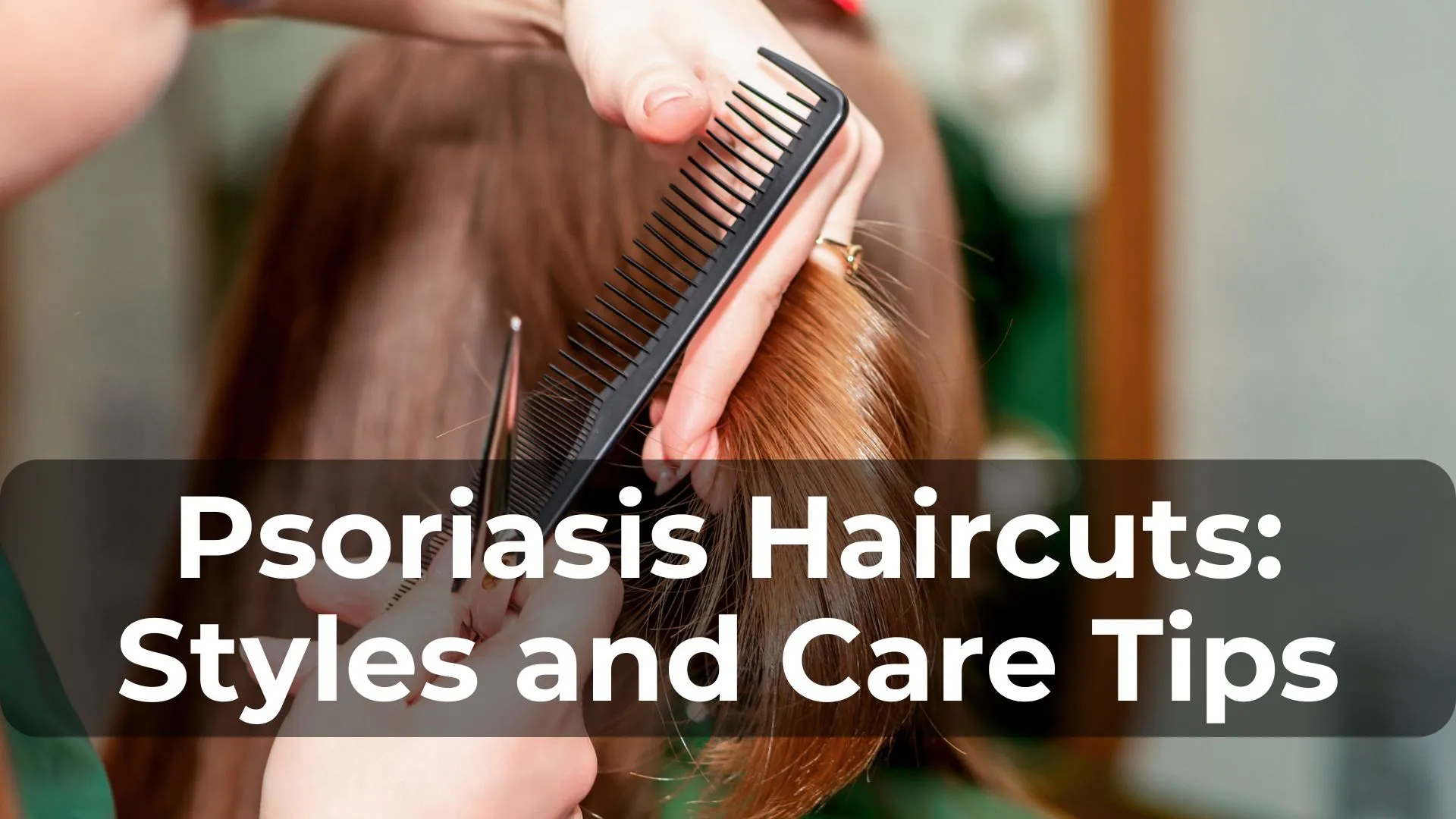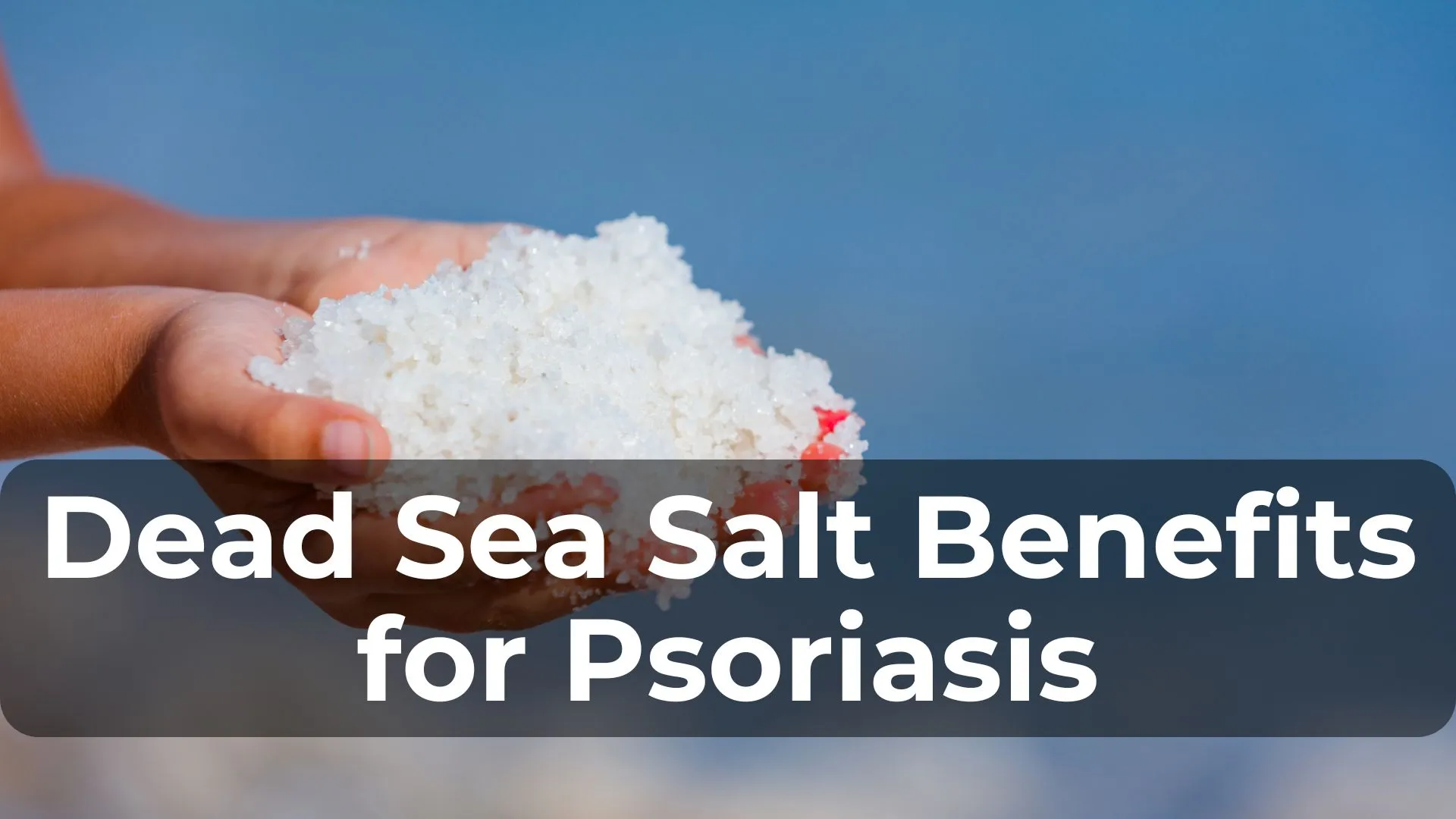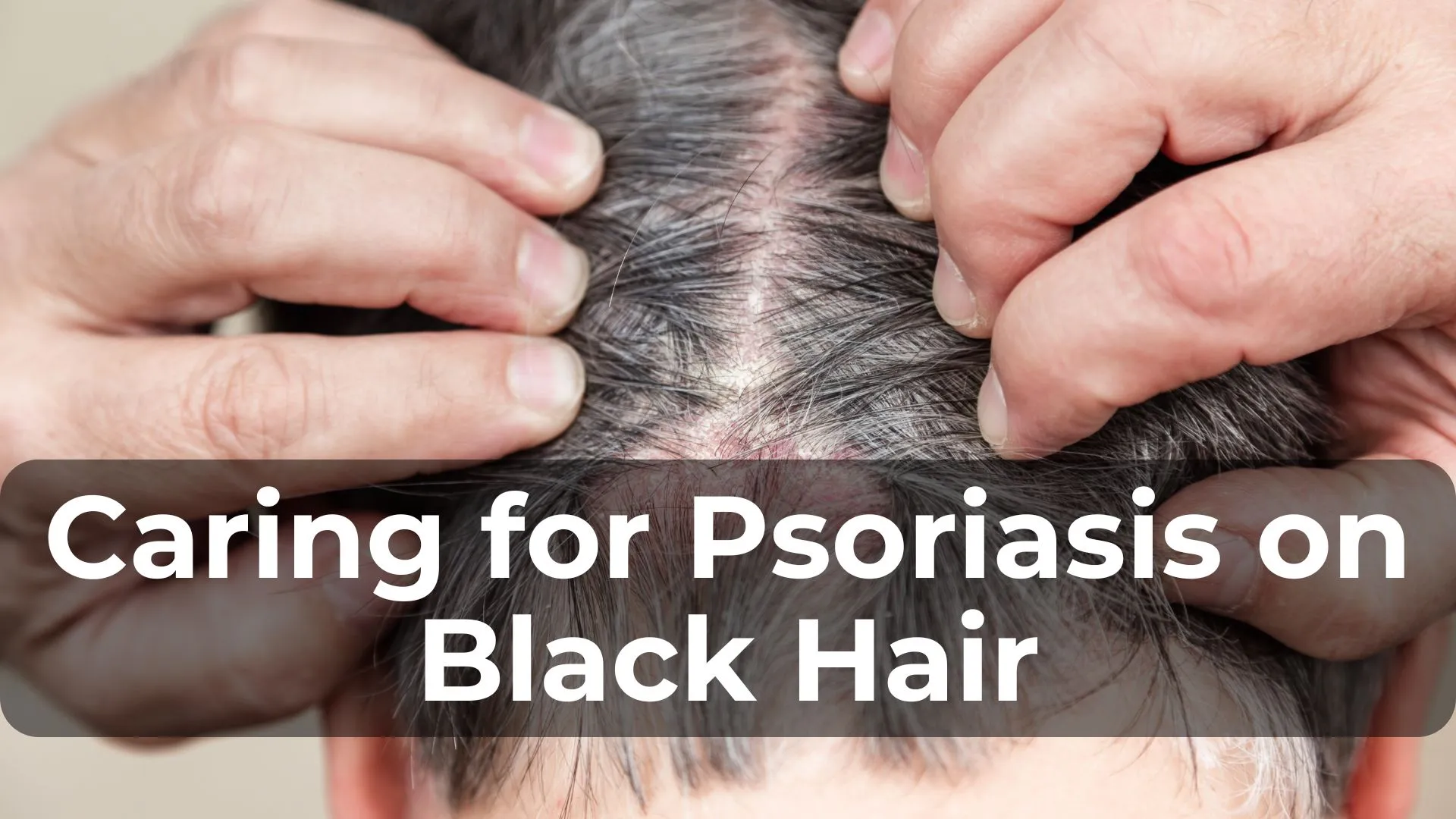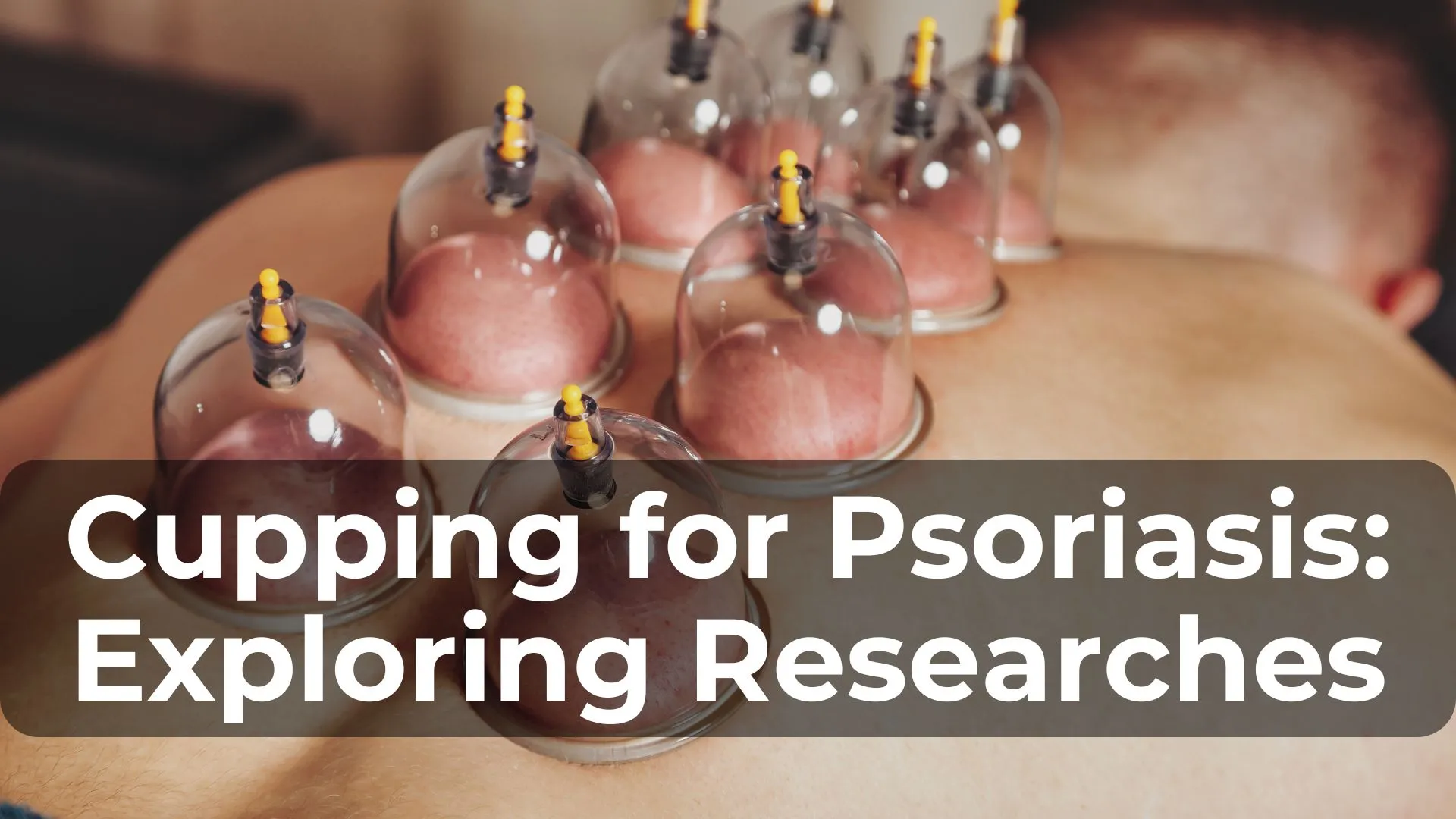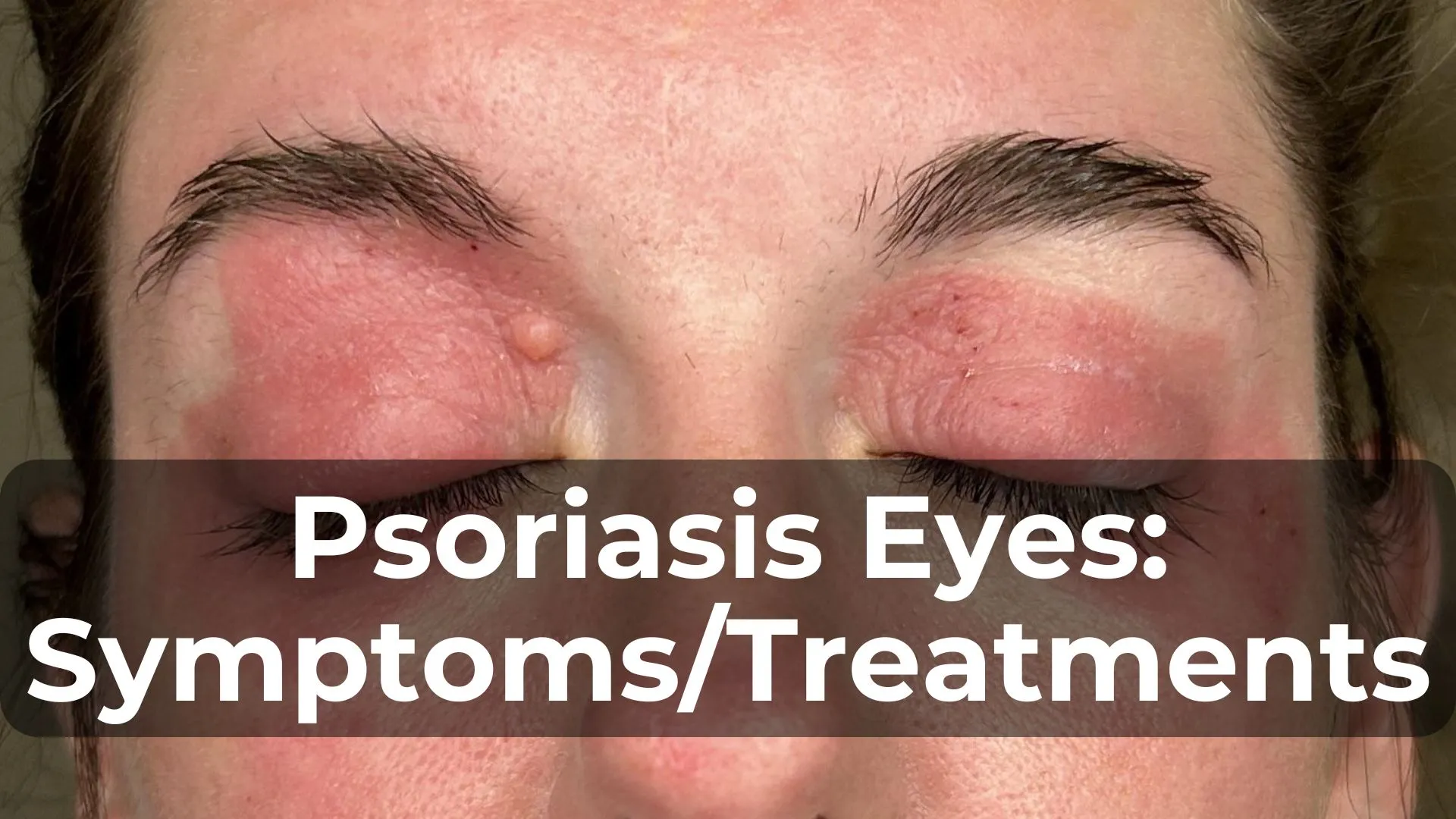
Living can be challenging, especially when it affects sensitive areas like your eyes. If you’re dealing with psoriasis around your eyes, you’re not alone. Many people struggle with this condition, and it’s essential to understand the symptoms, treatments, and care tips to manage it effectively. In this article, we’ll dive deep into the world of psoriasis eyes, exploring conventional treatments and holistic approaches that can help you find relief and improve your quality of life.
Table of Contents
ToggleUnderstanding Psoriasis Eyes
Psoriasis is an autoimmune condition that causes rapid skin cell growth, resulting in red, scaly patches on the skin. When it affects the eyes and surrounding areas, it can lead to discomfort, vision, and even emotional distress. The delicate skin around your eyes is particularly sensitive, making psoriasis in this area especially troublesome.
Common Symptoms of Psoriasis Eyes
If you’re experiencing psoriasis around your eyes, you might notice:
- Redness and inflammation
- Dry, scaly patches on the eyelids or around the eyes
- Itching or burning sensations
- Swelling of the eyelids
- Blurred vision or other visual disturbances
- Sensitivity to light
Conventional Treatments for Psoriasis Eyes
When it comes to treating psoriasis eyes, there are several medical options available. These include:
- Topical corticosteroids
- Topical calcineurin inhibitors
- Systemic medications (oral or injectable)
- Biologics
- Phototherapy
While these treatments can help reduce or hide symptoms, it’s important to note that they don’t address the root cause of psoriasis. True healing comes from treating the underlying issues and taking a holistic approach to health.
The Holistic Approach to Healing Psoriasis
To truly heal from psoriasis, we need to look at the bigger picture. A holistic approach considers all aspects of your health and well-being, aiming to bring balance back to your body and mind. This means working on various aspects of your life and detoxifying your body from toxins that may be contributing to your psoriasis symptoms.
Let’s explore the different aspects of a holistic approach to treating psoriasis:
Physical Aspects
-
Regular Exercise
Exercise isn’t just good for your overall health; it can also help manage psoriasis symptoms. Regular physical activity can:
- Reduce inflammation in your body
- Boost your immune system
- Improve circulation
- Help manage stress (a common psoriasis trigger)
- Promote better sleep
Try incorporating a mix of cardio and strength training exercises into your routine. Activities like walking, swimming, yoga, or cycling can be excellent choices for people with psoriasis.
-
Sunlight Therapy
Controlled exposure to sunlight can be beneficial for many people with psoriasis. UV rays from the sun can slow down the rapid growth of skin cells, which is the primary cause of psoriasis symptoms. However, it’s crucial to be cautious and avoid sunburn, which can worsen psoriasis.
Tips for safe:
- Start with short exposure times (5-10 minutes) and gradually increase
- Protect unaffected skin with sunscreen
- Avoid sunbathing during peak hours (usually 10 am to 4 pm)
- Consult your dermatologist before starting any sunlight therapy regimen
Chemical Aspects
-
Dietary Changes
What you eat can significantly impact your psoriasis symptoms. Consider making these dietary changes:
- Increase your intake of anti-inflammatory foods (e.g., fatty fish, leafy greens, berries)
- Reduce or eliminate processed foods, sugar, and dairy
- Stay hydrated by drinking plenty of water
- Consider an elimination diet to identify potential food triggers
-
Detoxification
Supporting your body’s natural detoxification processes can help reduce the burden on your immune system and potentially improve psoriasis symptoms. Some detoxification methods include:
- Drinking herbal teas (e.g., dandelion root, milk thistle)
- Dry skin brushing to stimulate lymphatic flow
- Using a sauna or steam room (consult your doctor first)
- Staying hydrated to support kidney and liver function
3 supplements may help support your body’s healing process and reduce psoriasis symptoms. Always consult with a healthcare professional before starting any new supplement regimen. Some potentially beneficial supplements include:
- Omega-3 fatty acids
- Vitamin D
- Probiotics
- Turmeric
- Milk thistle
Emotional and Spiritual Aspects
The mind-body connection is powerful, and addressing your emotional and spiritual well a crucial role in managing psoriasis. Consider incorporating these practices into your daily routine:
-
Stress Management
- Practice mindfulness meditation
- Try deep breathing exercises
- Engage in regular relaxation techniques
-
Emotional Support
- Join a psoriasis support group
- Consider talking to a therapist or counselor
- Practice self-compassion and positive self-talk
-
Spiritual Practices
- Explore meditation or prayer
- Connect with nature
- Practice gratitude
Natural Remedies for Psoriasis Eyes
In addition to the holistic approaches mentioned above, there are several natural remedies that may help soothe psoriasis symptoms around your eyes:
- Aloe Vera: Known for its soothing properties, aloe vera gel can help reduce inflammation and itching. Make sure to use pure aloe vera without added fragrances or chemicals.
- Coconut Oil: The moisturizing and anti-inflammatory properties of coconut oil may help relieve dryness and scaling. Apply a small amount to the affected area before bed.
- Chamomile Compresses: Brew a strong chamomile tea, let it cool, and use it as a compress on your eyes to reduce inflammation and soothe irritation.
- Cold Compress: Applying a cold compress to your eyes can help reduce swelling and provide relief from itching.
- Honey: Known for its antibacterial and healing properties, a thin layer of raw honey applied to the affected area may help soothe and heal psoriasis patches.
- Tea Tree Oil: Diluted tea tree oil can have anti-inflammatory effects. Mix a few drops with a carrier oil like coconut oil before applying.
Remember, when using any natural remedy near your eyes, be extra cautious and consult with your healthcare provider first to for you.
Conclusion
Managing psoriasis around your eyes requires a multi-faceted approach. While conventional treatments can provide relief, true healing comes from addressing the root cause and taking a holistic approach to your health. By focusing on physical, chemical, and emotional/spiritual aspects of your well-being, you can work towards reducing psoriasis symptoms and improving your overall quality of life.
Remember, everyone’s journey with psoriasis is unique, and what may not work for another. Be patient with yourself as you explore different treatment options and lifestyle changes. With persistence and a holistic approach, you can find a management plan that works best for you and your psoriasis eyes.


